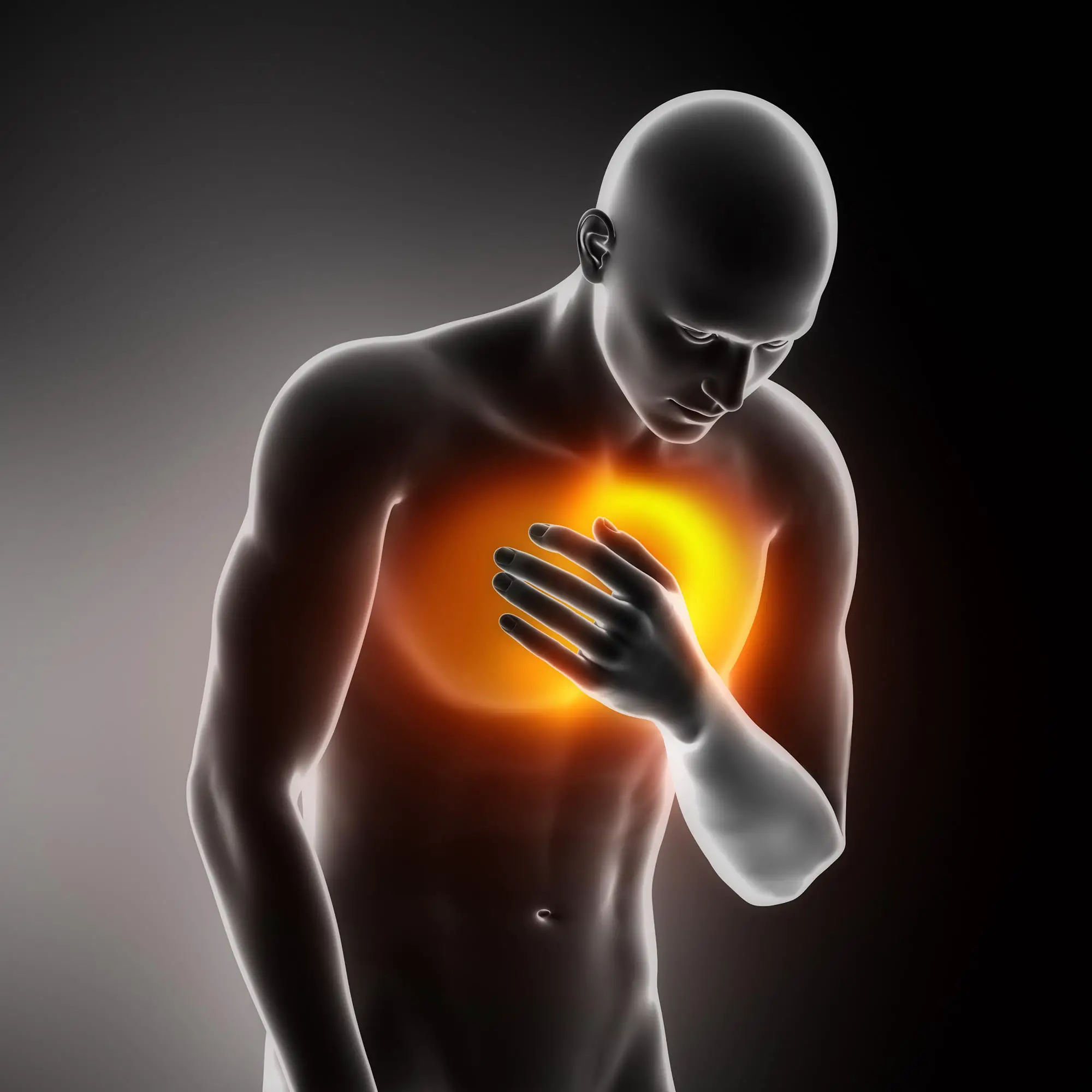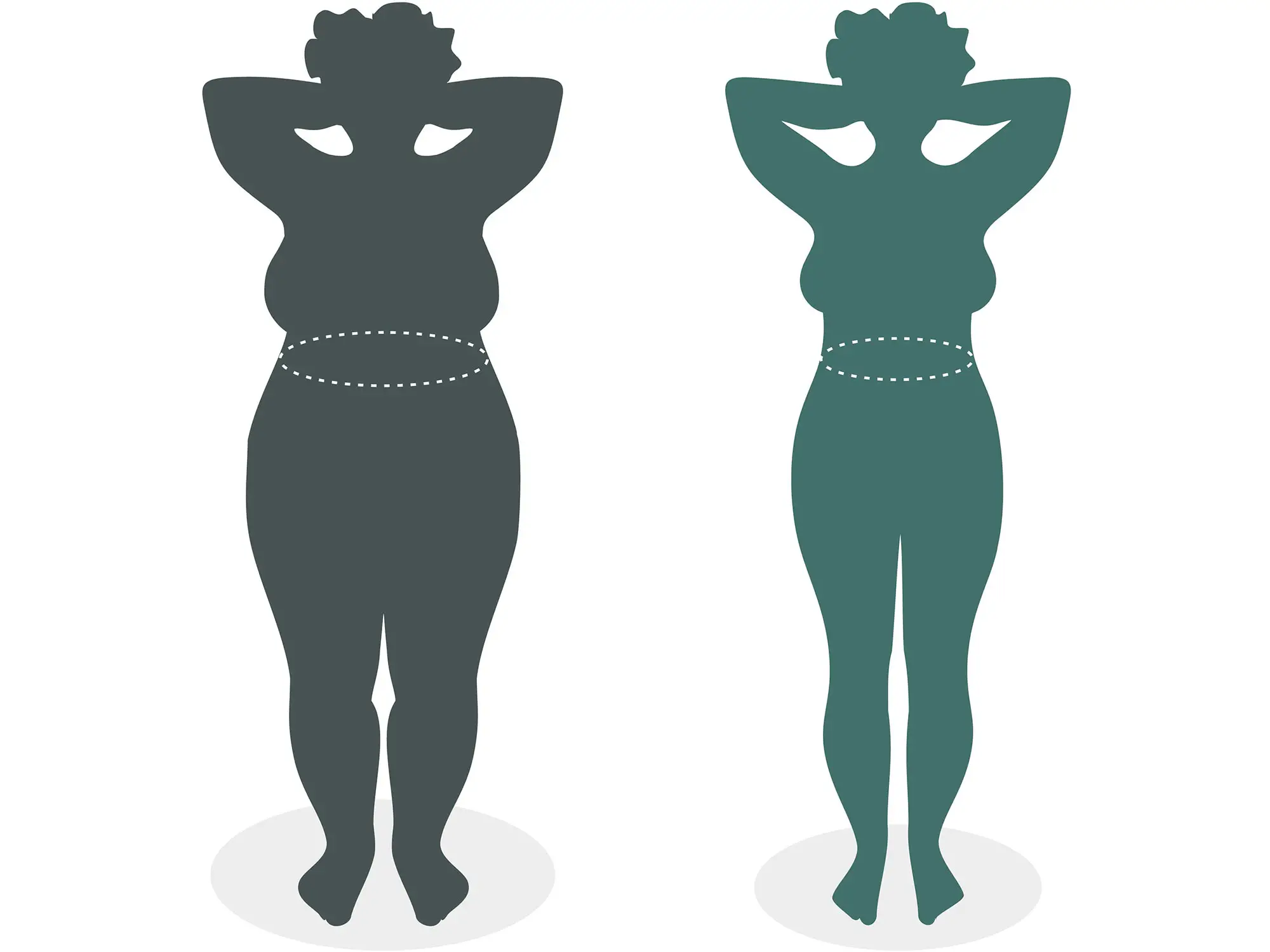Summary of “Alarming” Findings – High Blood Pressure Can Cause Heart Damage in Adolescents:
A recent study published in the Journal of Pediatrics has emphasized the importance of addressing high blood pressure concerns in adolescence to prevent potential long-term health complications such as heart disease and stroke. The study, conducted by the University of Bristol and the University of Eastern Finland, followed 1,856 adolescents aged 17 for seven years until young adulthood at 24 years old. During that time, the prevalence of elevated blood pressure and hypertension, and evidence of heart damage doubled. There were specific characteristics of elevated blood pressure and hypertension-related heart damage observed in each sex. High blood pressure and hypertension caused premature heart damage in both males and females, with high systolic blood pressure and hypertension being associated with approximately 60-217% increased risk of heart structure damage and 35-65% increased risk of heart function damage among females. The researchers urge public health experts, policymakers, pediatricians, and caregivers to significantly raise awareness of the critical danger high blood pressure and hypertension can pose to young people and to initiate blood pressure screening in adolescence to prevent premature death or hypertension-related emergencies in adulthood.
*****
The Alarming Connection Between Elevated Blood Pressure and Premature Heart Damage in Adolescents
Introduction
High blood pressure, also known as hypertension, is a common yet silent health concern that affects millions of people worldwide. Often without noticeable symptoms, this condition increases the force of blood against the walls of your arteries, potentially leading to severe health complications over time, such as heart disease, stroke, and kidney failure. A recent study published in the Journal of Pediatrics highlights the detrimental effects of elevated blood pressure and hypertension during adolescence, leading to early cardiac damage that is exacerbated by young adulthood.
The Effects of Elevated Blood Pressure and Hypertension
Elevated blood pressure and hypertension, often referred to as ‘silent killer diseases’ in adults, are notorious for causing damage to the kidneys, heart, blood vessels, and brain, ultimately leading to death. The global cost of treating hypertension amounts to billions of dollars each year and is linked to an increasing number of health emergencies, including heart attacks and strokes.
Diagnosis
The European Society of Cardiology/European Society of Hypertension classifies blood pressure 130/85 mmHg as high-normal and 140/90 mmHg as hypertension. Whereas the American College of Cardiology/American Heart Association classifies blood pressure of 130/80 mmHg as hypertension. In 2020, the United States Preventive Services Task Force concluded: “that the evidence to support screening for high blood pressure in children and adolescents is insufficient and that the balance of benefits and harms cannot be determined.”
Early Detection is Key
However, it was reported last year (2022) that increased systolic blood pressure during childhood was associated with the risk of premature death in the mid-forties. Nonetheless, the earliest time revealing potential high blood pressure-related heart damage in a general population of children and adolescents remains unknown. The current study was conducted among 1,856 adolescents of whom 1,011 were female. The adolescents were 17 years old at baseline, and they were followed up for 7 years until young adulthood at age 24 years. Elevated blood pressure and hypertension, and evidence of heart damage were assessed at baseline and follow-up.
Signs of Heart Damage
Signs of heart structure damage are left ventricular hypertrophy and high relative wall thickness, whereas signs of heart function damage are left ventricular diastolic dysfunction and increased left ventricular filling pressure.
Specific Characteristics Observed
During the 7-year follow-up period, the prevalence of elevated blood pressure and hypertension and heart damage among adolescents doubled. With extensive control for fat mass, muscle mass, glucose, lipids, smoking status, sedentary time, physical activity, and family history of cardiovascular disease, and using adults’ cut points for diagnosing heart damage, it was observed that high blood pressure and hypertension caused premature heart damage in both males and females. Importantly, there were specific characteristics of elevated blood pressure and hypertension-related heart damage observed in each sex. For example, among males, high systolic blood pressure and hypertension were associated with approximately 10–30% increased risk of heart function damage, but there was no risk of heart structure damage. However, among females high systolic blood pressure and hypertension were associated with approximately 60–217% increased risk of heart structure damage and 35–65% increased risk of heart function damage.
Conclusion
“This novel evidence on the deleterious effect of high blood pressure and primary hypertension on the heart of the young population is alarming. Delay in initiating blood pressure screening in adolescence is unjustifiable, considering the amount of heart damage and potentially premature death that could be prevented. Therefore, public health experts, health policymakers, health journalists and bloggers, pediatricians, and caregivers are encouraged to significantly raise awareness of the critical danger high blood pressure and hypertension poses to young people. There should be a push for legislative changes that enforce blood pressure screening in adolescents, because this may significantly lower hypertension-related emergencies in adulthood,” says Andrew Agbaje, a physician and clinical epidemiologist at the University of Eastern Finland. It is important to address blood pressure concerns early in life to prevent potential long-term health complications.



Comments are closed